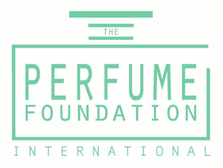|
By Terry Johnson, IPF Vice-Chair and Business & Marketing Expert “Smaller players must be brave enough to build a distinctive, even unconventional brand identity, rooted in the heritage and the know-how of their own brand. They must be bold enough to innovate with a disruptive identity and value proposition.” Alessandro Balossini Volpe, Professor of Brand Management When discussing the word “brand” it is important to recognize that there are two different kinds of brands each having different purposes and both working together synergistically: Company Brands and Product Brands. For large organizations such as Moët Hennessy Louis Vuitton (LVMH), branding gets quite complicated. They have their own LVMH Company Brand, Company Brands of the 75 companies they own, plus the Product Brands from all companies. For this article, we are going to focus on Company Brands for perfumery and essential oils brands. Your Company Brand, whether it is your company name, slogan, logo, or other aspect of visual identity (such as the use of the New Luxury Code Logo), needs to be developed or redeveloped from your Value Proposition, which represents the promises of what value you will continue giving to the rest of the Natural Essence Community. Along with your Mission Statement and Vision Statement, your Company Brand should reflect those promises which will be fulfilled through the proper execution of your Business Plan. When you read articles that feature some aspects of branding, it is important to know which type of branding they are discussing, since it is quite common to discover authors who use Company Brands and Product Brands interchangeably. Since we are discussing Company Brands, here is a diagram of a recent survey on brand authenticity: How do we know if a survey is talking about Company Brands or Product Brands?
One clue in this diagram is to go down the list until you get to “Uses all natural ingredients”. Only 11% thought that natural ingredients were associated with authenticity. If this had been a survey about Product Brands, especially in natural essences, “Uses all nature ingredients” would have been near the top if not the top choice. But in this survey, it only rates 11% because they are responding to questions in authenticity of Company Brands. Powering up your Company Brand presents an opportunity to revisit your Value Proposition to strengthen the value your Company Brand through improvements in messaging between your company and everyone you have contact with. Who should you communicate with about the value of your Company Brand?
Terry Johnson is teaching Business and Marketing, an essential course for developing a successful perfumery or essential oil business.
0 Comments
By Terry Johnson, IPF Chair USA and Busines and Marketing Expert Competition in today’s markets has never been stronger.
Yet, I continually see examples of natural perfume and natural essence businesses that have not made many adjustments to their sales efforts to overcome the fierce competitive headwinds brought on by a deadly pandemic, numerous supply chain issues, and high inflation. These conditions have seriously changed consumer perspectives and require frequent reviews of sales and marketing strategies to reflect current realities rather than relying on consumer preferences and priorities that no longer exist. You and everyone working with you should put on their selling hats for a while and focus on how to get consumers needing to purchase your products at premium prices, not just wanting to. In the High-Value Natural Perfume consumer market, the first order of business is to identify every potential value feature of your products and incorporate those value features into selling benefits for consumers justifying premium pricing you need to charge. When consumers see something for sale that appears attractive to them, they determine the level of value that the product could provide them, and then they check the price. If the level of value is above the price, they are more likely to buy. If the level of value is below the price, they are less likely to make a purchase. Selling the value and benefits of your products greatly increases the likelihood of closing the sale profitably. Here are 7 solid tips on strengthening and updating your Natural Perfumes and Essences selling strategies:
Terry Johnson is teaching and consulting at The Natural Perfumery Teacher's Academy. If you want to learn more about Business and Marketing in the Natural Essences World, you can follow his course or contact us for consultancies. By Terry Johnson, Business and Marketing Expert Anyone following news about the economy and business will hear about job cutbacks occurring due to economic weakness and sales declines.
The most popular comment from CEOs on company layoffs is: “We will have to do more with less.” The good news from this is that every business needs to do more with less all the time! It’s called about being more productive, and this is much easier to achieve for smaller businesses like natural perfumers than for larger businesses. So, how can a business do more with less and achieve high productivity? Here are some suggestions: 1. Purpose and Meaning The first step in doing more with less is ensuring that your business has a clearly defined purpose and that your products have real meaning and value to consumers. Purpose is the internal direction you want your business to pursue; product meaning is the external force that helps you connect and engage your products with people’s daily lives. Having a specific purpose and meaning for your business gives you direction, allows you to focus on the most important matters, and give you the ability to develop daily, weekly, and monthly priorities that will maximize the efficiency of your decision-making. 2. Re-Setting Priorities Setting or re-setting priorities means identifying and ranking the importance of business tasks over time. This activity should be totally subjective and should be modified as the daily dynamics of business unfold. It is also important to understand that most High-Value Consumers, rather than cutting back on purchasing, are actually re-setting their purchasing priorities, so High-Value business priorities should reflect this trend. Start by setting priorities for actions that will need to be done in the next 6 months. Then one for the next 30 days. Then, this week. And finally, make one list for today and one for tomorrow. 3. Time Management Once you’ve determined your purpose and meaning as well as set your priorities, managing your time allows you to schedule your prioritized activities to ensure that your time will be spent efficiently while fulfilling your purpose. There are many time management systems available, so look for one you feel comfortable with and begin doing more with less! Learn more about this important topic and how to prepare for the many exciting opportunities ahead for those marketing High-Value natural essences by enrolling in the Teacher’s Academy MasterClass Business and Marketing in the Post-Pandemic Natural Essence Community. By Terry Johnson, IPF Vice Chair and Business and Marketing Expert in the Natural Perfumery Environment When great people pass, we often reflect on what made them great in the first place. I say this having seen the widespread tributes and sympathy for Britain’s Queen Elizabeth II, who passed away after 70 years on the throne; which begs the question: How will your Natural Essence business be remembered? Will your business have a positive legacy because of where and when you began your business? Or how much money your business made? Or will it be because what you did with your business made the world a better place for it being here? The driving force behind a memorable business legacy comes from starting with a clear Vision/Purpose that includes what you believe will make the world a better place, and then successfully executing the Mission based on your Vision to make the world a better place. Everyone in the Natural Essence Community should consider the amazing opportunities we have to demonstrate to consumers how valuable Natural Essences and products made from Natural Essences are to consumers. Consumers will appreciate how much these Natural Essences contributed to their long-term wellness and well-being and will be far more likely to develop strong, lasting brand loyalty to those who provided them with superior products and services. Here are several Action Steps to help you achieve a memorable business legacy: 1. Understand and Follow the New Luxury Code of Respect. The New Luxury Code is a great starting point because it continually reminds us of the importance of respect, beginning with self-respect and then expanding outward from there. Mutual respect between members of the High-Value Natural Essence Community is necessary for development of better working relations and supply chain efficiencies within the entire Community. 2. Be the Expert in your Community Now more than ever, consumers are looking for ways to improve their well-being for themselves and for their families. The pandemic has changed consumer purchasing behaviors and preferences creating opportunities for everyone in Natural Essences. This means first educating yourselves and then passing on what you’ve learned to the communities you do business with. If you haven’t already, head to IPF’s Teacher’s Academy for up-to-date courses to educate yourself so that you can effectively teach others. 3. Pass on the Fascinating Heritage of Natural Essences Those who read Creezy Courtoy’s The Perfume Roads understand the tremendous impact perfumes and other natural essences have had on human wellness worldwide for millennia. Much of this heritage is in danger of being lost forever, and it should be the responsibility of the Natural Essence Community to preserve this heritage and educate consumers of its importance. 4. Support Our Bees What will be our legacy for children and grandchildren if we leave a world to them without flowers? Flowers and plants largely depend on pollination for their survival, yet despite this fact bees are being threatened and need to be protected, made healthy, and kept busy. Get to know more about bees and their importance and then educate consumers on how vital bees are to our future and what they can do about protecting them. Without bees, we have nothing. 5. Make an impact by Selling Superior Products!
No one should expect consumers to have a superior experience from using products that are not superior to begin with. On the other hand, products that provide superior results are always remembered! Your Natural Essence business has the power to touch and influence many lives and making a conscious effort to sell superior products assures your business will remain relevant and impactful with consumers in the long term. Enroll for a Business and Marketing Course in the Natural Perfumery Environment with Terry Johnson by Terry Johnson, Business and Marketing Expert The term Consumer-Centric Marketing refers to making consumer satisfaction a focus of your activities regardless of where you are in the supply chain. One might say “But doesn’t every retailer already do that?” Surprisingly, most retailers have either not developed effective Consumer-Centric policies or have not significantly modified them since the beginning of the pandemic. For High-Value Natural Essence retailers Consumer-Centric Marketing depends on retailers educating themselves with what consumers now want and also what they should want. What High-Value Consumers Want High-Value consumers are those who demand more value from the products they purchase, are willing to pay more if those demands are met, and if satisfied, will re-purchase again and again. The post-pandemic world has changed everything, including High-Value consumers’ purchasing behaviors. What were priorities for them before, aren’t necessarily what they prioritize now. One way to get a better appreciation of what current consumers want is to study how and why similar industries, such as sustainable brewed coffee (Starbucks) and premium wines (or other High-Value products similar to these examples), have succeeded. Find out how these companies engaged consumers using Consumer-Centric Marketing strategies. What High-Value Consumers Should Want A key point in convincing consumers to purchase from High-Value Natural Essence retailers is to first assume that most consumers don’t know your product well or at all. This should not be difficult, since if you are a Natural Perfumer, you are competing with synthetic perfumes that have 99% of the perfume market share. This lack of market share underscores the importance of Natural Essence retailers needing to differentiate themselves from competition in as many ways as possible. And keep in mind, we have products that are better for consumers’ health and happiness. This has great value to consumers, with wellness now at the top of every consumer’s purchasing priority list. Knowing what High-Value consumers should want (that they may not be receiving now) can put Natural Essence retailers in a much stronger competitive position to successfully engage their market. Here is a list of what potential High-Value Natural Essence consumers should want:
Are Consumer-Centric Marketing strategies included in your Vision Statement, Mission Statement, and Value Proposition ? Consumer-Centric marketing practices should permeate throughout your business, so it is absolutely necessary to incorporate Consumer Centricity into your Vision Statement, Mission Statement, and Value Proposition. Nothing is more important to a successful Natural Essence retailer’s future than these three related documents. They express exactly what you intend to do and can focus everyone on the importance and value of why you are doing it. Yet most retailers have either never developed them, have not properly developed them, or have not updated and modified them since the beginning the pandemic. Including Consumer-Centric Marketing strategies in your Vision Statement, Mission Statement, and Value Proposition will empower you, your business, and everyone working with you to clearly differentiate your business, and your products, while maximizing the market impact of your brand. By Terry JOHNSON, IPF US Chairman, New Luxury Business and Marketing Expert This article was written for retailers. By retailer, I mean a business that sells to consumers, and I am addressing those retailers who want to significantly grow their sales and profits to consumers despite the difficulties we are facing.
An important part of a retailer’s business plan should be properly forecasting future sales and profits. This not easy in the current economy, yet it is vital to surviving in today’s Natural Essences retail environment. For instance, if you are not forecasting sales increases well in excess of 10%, you will not be growing your business or perhaps even be going backwards simply because inflation will keep increasing costs on everything, including bottles, labels, and ingredients, shipping, insurance, legal, and accounting services. Improving sales forecasting is sometimes far too low on the list of priorities for retailers, but for a small business competing against very large companies in a turbulent market, proper sales forecasting depends on continually improving your marketing strategies and your supply chain relationships as well. 1. Marketing Strategies
2. Supply Chain Relationships
Learn more about business and marketing in the natural perfumery environment by enrolling to Terry's 6 weeks intensive Business and Marketing Course starting on February 14. By TERRY JOHNSON, IPF USA Chair and Business and Marketing Expert Last month’s newsletter article discussed three value-market fundamentals every business should practice in these very challenging times. Let’s expand on these basics starting with the first fundamental:
To develop a totally value-based business to differentiate you from the competition and persuade growing numbers of high value customers there is greater value in your products than that of other competitive products. A key word here is “differentiate.” To succeed against stronger, well-financed competition, businesses can attract more customers by giving them better choices (differentiation) for what they purchase. This is where value and value-added come in. Competition, by the way, is much stronger than most people think it is with budgets the way they are. If you sell to consumers, you are competing with everything they need to purchase or want to purchase. That’s quite a list! To attract and keep customers you will be needing every value-added tool available. Why should consumers purchase your perfume or essential oil instead of something else? Can you give them ten reasons why? Twenty? Establishing yourself as an expert in Natural Essences within your community is empowering because it gives you the capacity to help your community make the right choices for healthier and safer lifestyles. Obviously, anyone who wishes to become and continue to be an expert in Natural Essences must have a great deal of accurate knowledge about Natural Essences, which is where the value of continuing education comes in. If you are a Natural Perfumer, you also need expertise as an aromatherapist, and the reverse is true for Natural Aromatherapists needing Natural Perfumery. Having knowledge of the history of perfume also has important benefits and needs to be studied. Continuing Natural Essences education along with effective messaging of the value of Natural Essences will lead to clear, positive distinctions between your up-to-date expertise and the lack of expertise from your competition. Three Action Steps to Implement Beginning Today
|
Archives
March 2024
Categories
All
|
- Home
- About
- Why choosing us
- Mission
- Academicians
- IPF Certification
-
COURSES
-
MASTER CLASSES
- Teaching Methodology
- Natural Raw Material Extraction Methods >
- Natural Candle Making
- Healing Gardening
- Sustainable Oud MasterClass
- World Perfume History Master Class
- Scent Design and Formula Building >
- Fragrant Botany & Chemistry >
- Perfume Design, Concept and Storytelling
- French Natural Aromachology #1
- French Natural Aromachology #2
- Olfaction Training for Children
- Accords - Musks
- Accords - Chypre
- Accords - White Florals 1
- Accords - Fougeres and Aromatics
- FRAGRANCE DEVELOPMENT
- SPEAKERS
- EXHIBITIONS
- Partners
- Blog
- Contact
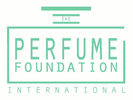
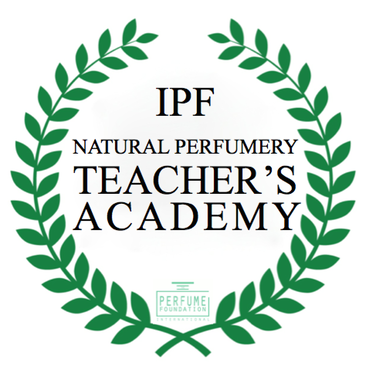
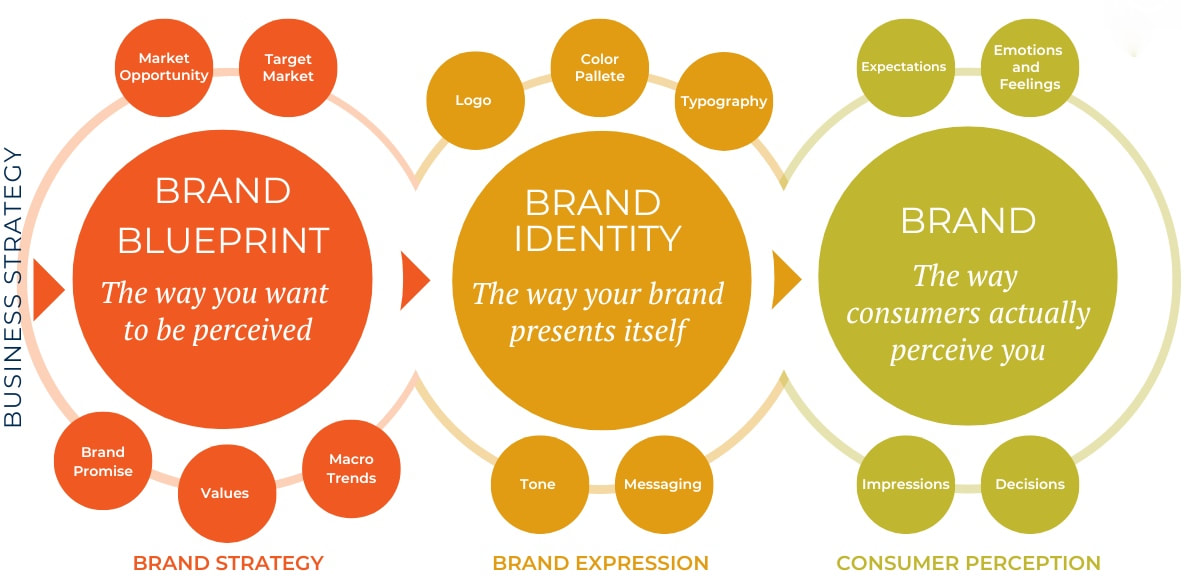
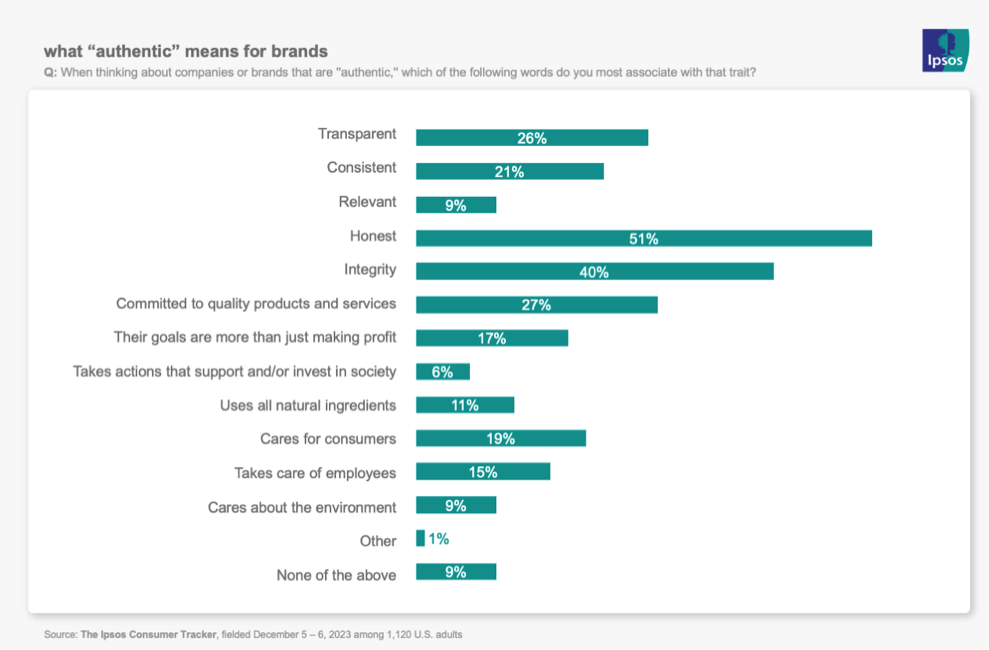



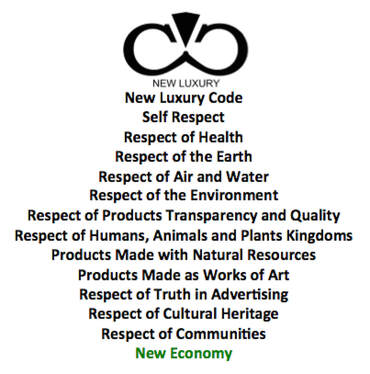




 RSS Feed
RSS Feed
